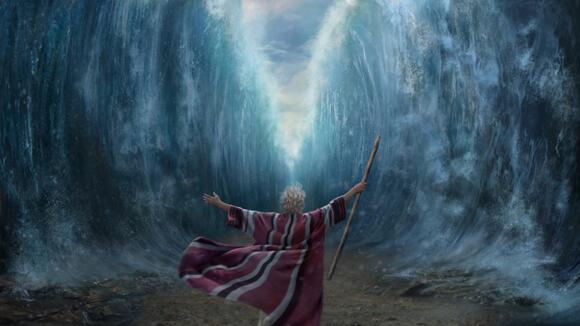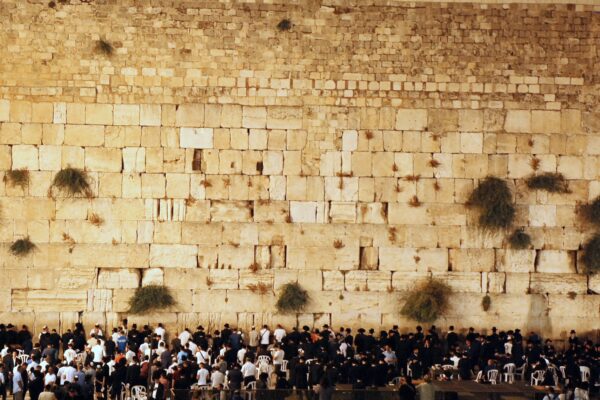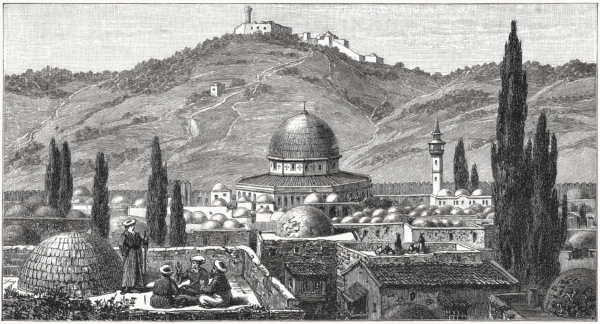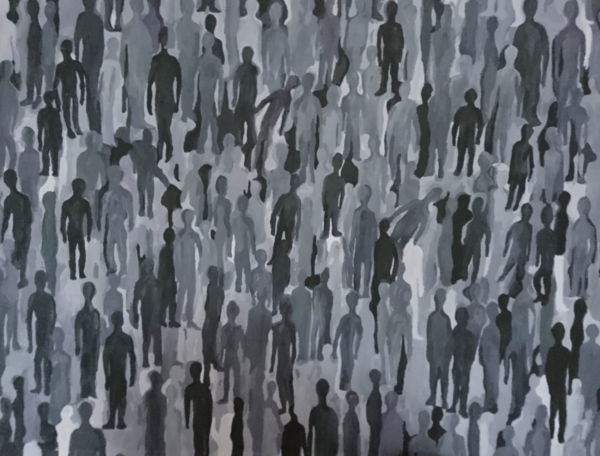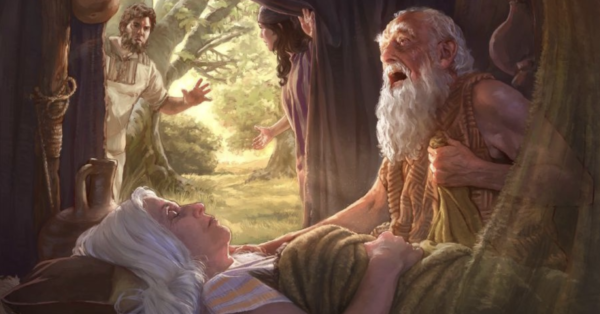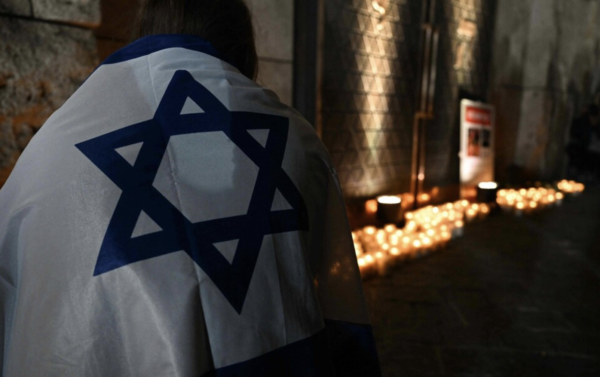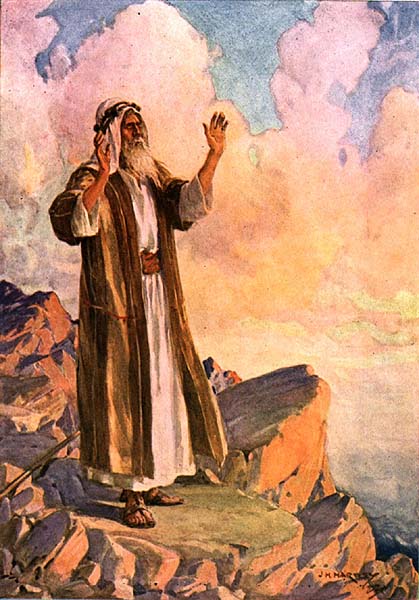Category Sermons
Thoughts on Parashat Nasso.
Why do people need religion and what is it for? From the traditional, moral perspective the main goal of religion is to provide individuals with the fundamental distinction between good and evil, and to teach them what is right and what is wrong. Another goal of religion is to unite social
Thoughts on parashat Beshalach.
Our tradition does not see the essence of miracles in their supernatural character. This is a Greek/Christian concept that is debated (which does not mean “accepted”) in the rabbinical literature of the Middle Ages, in the writings of philosophers such as Maimonides or Rabbeinu
Thoughts on parashat Shemot.
Our people in our homeland are suffering. More than half a million Israelis have been displaced since October 7th, being forced to abandon their homes and live in hotels across the country. Some of them were able to return to their homes, some of them are still displaced. Besides more
Vayechi 5784
A new ‘secular’ year, 2024, is approaching. The end of the ‘secular’ year is a reckoning and an evaluation time for many people in the world. For many of us, Jews, too. Although we count years in our own way we are still part of the general human population and we follow many of their patterns.
Having
Thoughts on parashat Miketz.
The story of Joseph is, to some extent, a story of meritocracy. We cannot deny that he was accompanied by Divine providence (or luck, as some would prefer to say), nevertheless the text of the Torah provides us with clear evidence that Joseph earned his position in Egypt:
Thoughts on parashat Toldot.
The Torah is not a collection of ethical role models given us to simply follow. While the stories of the entire Hebrew Bible contain a lot of role models very few qualify as ethical ones. What we find there are often political and leadership role models – like Moses, Joshua, Kings
Thoughts on parashat Chayei Sarah and a short lecture on contemporary philosophy.
The Torah portion this week describes the death of the mother and the father of our nation – Sarah and Abraham. According to Midrash (Pirkei De-Rabbi Eliezer Chapter 31) Sarah died of despair after learning that Abraham had murdered
Thoughts on parashat Vayera.
I had a dream two days ago. I was in my old neighborhood, in Przemyśl, Poland, with two other men approximately my age. We had machine guns and wore bullet proof vests. We were chased by a group of militants who wanted to kill us. At some point the three of us split and entered different
Thoughts on parashat Lech Lecha.
Lech Lecha – God speaks to Abram, commanding him, “Go from your land, from your birthplace and from your father’s house, to the land which I will show you.” Then God promises him that he will be made into a great nation. Abram and his wife, Sarai, accompanied by his nephew
Thoughts on parashat Ha’azinu.
Have you ever had moments when you feel an intimate connection with God, as if He is right beside you, and then times when He seems so far away? God communicates with us and provides signs that He is watching over us, but He does not “break into our homes” uninvited.
This week’s

